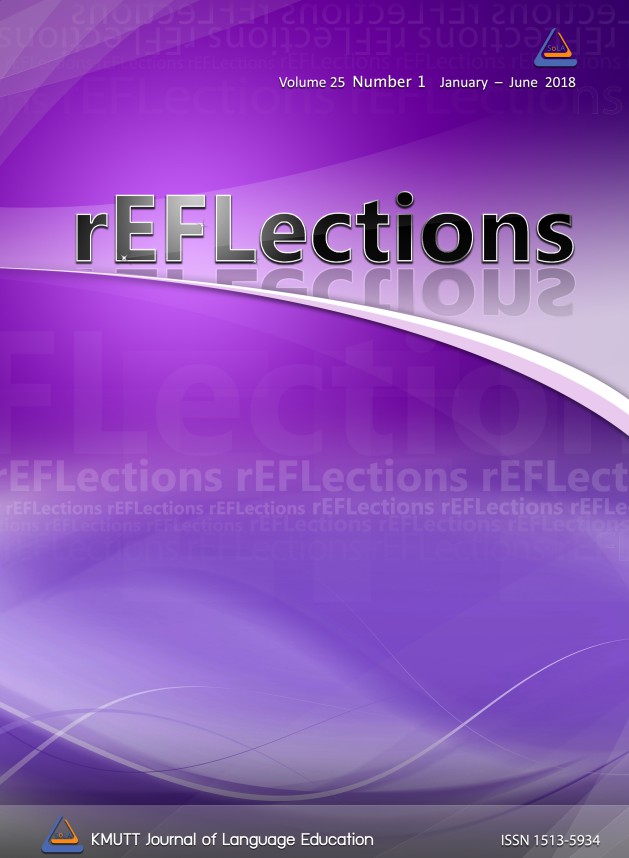Patani Malay & Southern Thai Speakers’ Language Learning Strategies in Acquiring English Collocations
Main Article Content
Abstract
This study aims to investigate (i) the Patani Malay (PM) and Southern Thai (ST) learners’ knowledge of English collocations, (ii) the learning strategies employed by the two groups with different levels of English proficiency and (iii) the impact of their learning strategies on their test performance. Thirty-nine student participants from each group participated in the study. All were English major students in the international program at Fatoni University in Patani, Thailand. Four types of research instruments were used to collect data: World English language placement test, collocation test, the Strategy Inventory for Language Learning or SILL questionnaire of language learning strategies (Oxford, 1990) and individual interviews with 12 informants. The analysis is based on both quantitative and qualitative methods. The findings show no significant difference for both groups in the use of learning strategies. Both groups show a preference for metacognitive learning strategies in the acquisition of English collocations. Despite there being no significant difference between the two groups in terms of learning strategies, the overall collocation test results show ST learners performing better than their PM counterparts. And although results from the SILL indicate that learning strategies may not play a significant role in the participants’ acquisition of English collocation, this indication is not reflected in subsequent findings from the interview data and a sociocultural analysis of the context under study.


